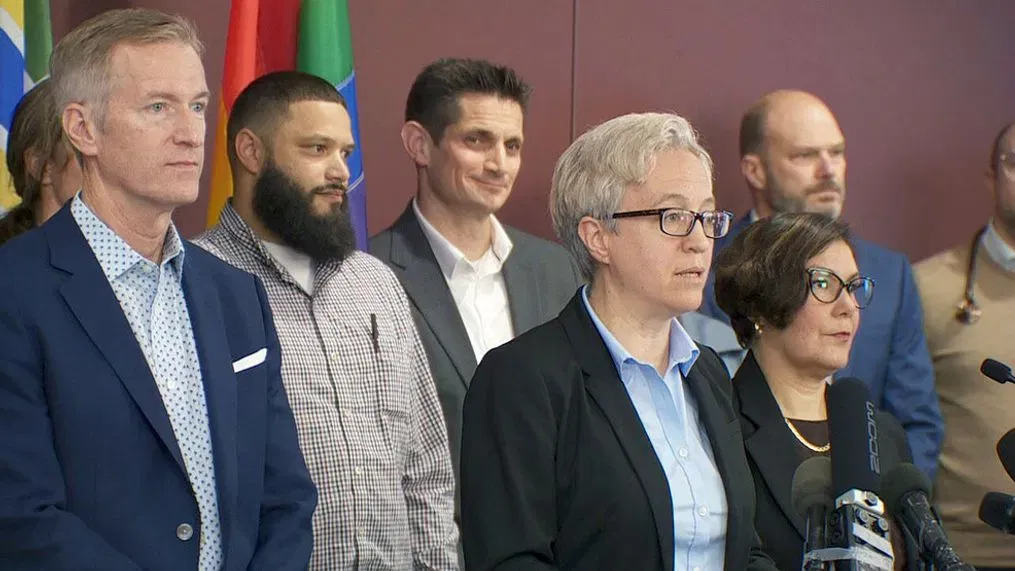The 90-day emergency declaration regarding fentanyl by the tri-government coalition has concluded in Portland, Oregon.
Governor Tina Kotek, Mayor Ted Wheeler, and Multnomah County Chair Jessica Vega Pederson provided updates on the progress made during this period and outlined future plans.
Among the achievements:
- Addition of 52 housing units at the Clinton Triangle Temporary Alternative Shelter Site.
- Leasing of seven units at the Ankeny Apartments for individuals who completed detox programs.
- Expansion of a pilot program involving the Portland Police Bureau bike squad and outreach workers to facilitate detox and treatment access.
Upcoming goals in the following weeks and months:
- Establishment of an intake facility accepting referrals from law enforcement and medical professionals.
- Implementation of a shelter bed tracking system.
- Deployment of mobile clinics offering medically assisted treatment.
Governor Kotek emphasized the importance of an online shelter tracking system to improve efficiency in finding available beds.
Multnomah County Chair Vega Pederson highlighted collaboration with the Joint Office of Homeless Services on a tool for real-time shelter bed capacity data sharing.
Furthermore, plans include the development of an intake facility accepting referrals from various agencies and the provision of medically assisted treatment through mobile clinics.
Governor Kotek stressed the necessity of medically assisted treatment for fentanyl addiction and called for increased resources to support it.
Additionally, state police will continue to aid in downtown Portland for the next six months to address the crisis.
Mayor Wheeler acknowledged the progress made during the emergency, including the expansion of partnerships and strategies to transition individuals from the streets to housing.
During the emergency period, Governor Kotek temporarily halted bottle return services at specific locations identified as fentanyl hotspots. These services have resumed post-emergency, but both Kotek and Wheeler suggested the need for legislative review of the Oregon Bottle Bill’s connection to the drug trade.
Wheeler expressed interest in evaluating the economic aspects of the fentanyl trade, particularly regarding bottle return services potentially being exploited for illicit activities.















































